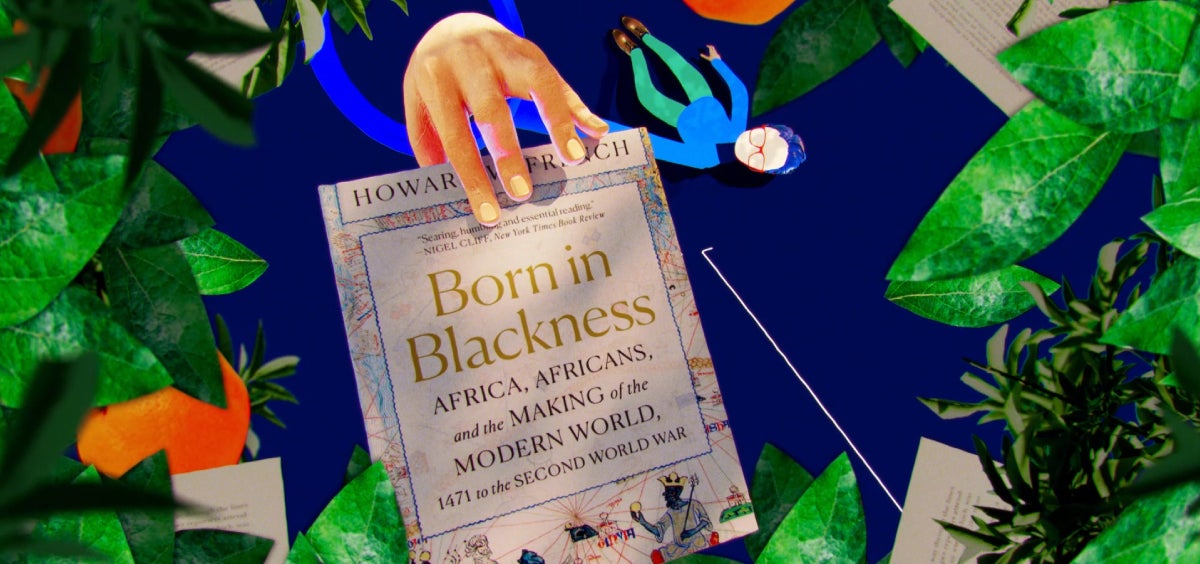I believe that the next-generation nuclear power plant that TerraPower is building here will power the future of our nation—and the world.
I’m a student of Africa and its history. Because of all the work our foundation does with partners on the continent, over the years I’ve set out to learn from African experts, read lots of books about it, and studied many countries there while on visits for the foundation. But I now see Africa even more clearly thanks to Howard French’s new book, Born in Blackness. It’s a well written and thoroughly researched book that challenges the standard Western accounts of the continent.
French, whose family comes from Africa, has been a professor in Côte D’Ivoire and the United States, and an Africa correspondent for The New York Times. He gives readers a new perspective on the African continent as well as a new perspective on this continent.
French takes a hard look at the idea that Europe’s “Age of Discovery” was the natural outgrowth of its wealth, power, and technological achievements. In fact, he argues, at the dawn of the 16th century the warring and fractious nations of Europe were less powerful and innovative than other regions. The continent produced little of value to potential trading partners. Its voyages of discovery would not even have been possible without the profits that Europe’s royals earned from African gold.
He writes: “The gigantic boost that [this gold] provided the [Portuguese] crown … made it possible for Lisbon to keep pace with Spain in their headlong course into ocean faring, discovery, conquest, crusading, and intercontinental trade.”
Another idea he sets out to correct is that Africa was stateless and primitive before the Europeans arrived. In reality, he explains, various African kingdoms had established city-states that rivaled Europe’s in terms of political organization, military power, commerce, art, and exploration.
And at least one such kingdom, in present-day Mali, had much more wealth than any royal family in Europe. When the Malian Emperor Mansa Musa and his 60,000-person entourage crossed the African continent in 1342, they brought as much as 18 tons of pure gold along to use in trade and as gifts. Unfortunately, reports of Musa’s wealth eventually arrived in European capitals, which helped trigger Europeans’ pursuit of Africa’s riches.
French also argues against the idea that labor by enslaved people from Africa made only a marginal contribution to the rise of the West. For example, he writes, “The value derived from the trade and ownership of slaves in America alone [was] greater than that of all of the country’s factories, railroads, and canals combined.” And more generally: “Without Africa, and the slave plantation agriculture of the Caribbean that derived from it, there would never have been the kind of explosion of wealth that the West enjoyed … nor such early or rapid industrialization.”
It's a sign of a good book when you finish it wanting to know more about one of its topics, and that was certainly true for me with Born in Blackness. I’m trying to learn more about how the value of goods like sugar and cotton has changed over time—French quotes some sources that say profits on these goods remained high throughout much of the history he covers, but it seems like competition should have driven profits down, since both crops grow in a lot of places.
But that’s a rabbit hole I’m happy to go down. It’s a compliment, not a criticism, that French left me more curious. If you’re interested in learning more about the history of Africa, its central role in the world, and the ways in which both have been misunderstood in the West, I highly recommend Born in Blackness.





